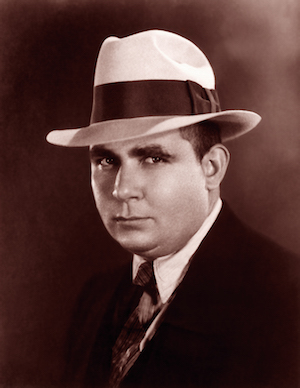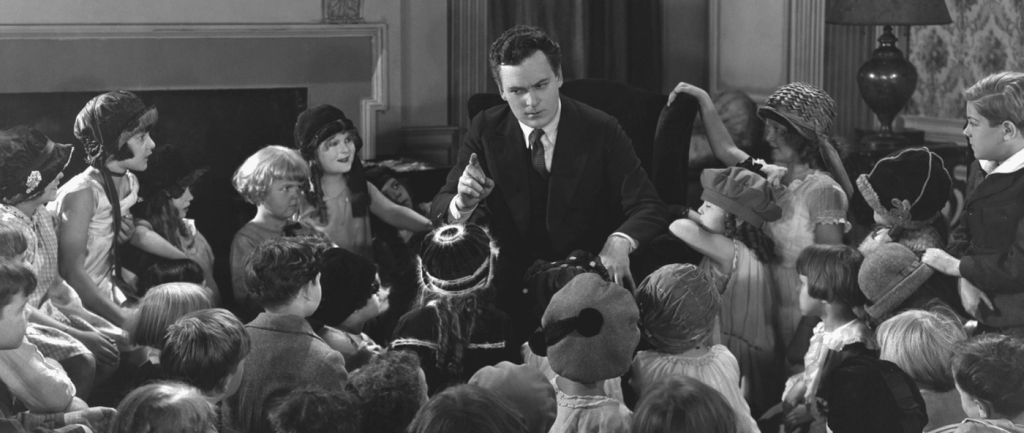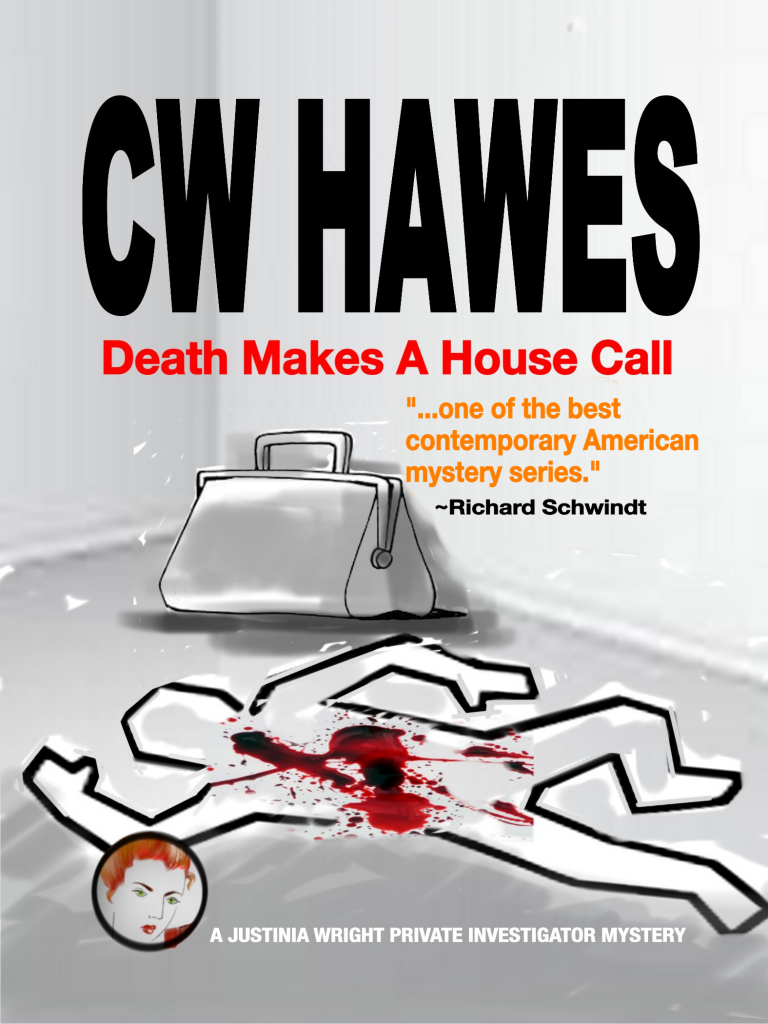
In the early 1970s there was a brief revival of Weird Tales magazine. Because of a letter to the editor I wrote, I made contact with a group of Lovecraftian and pulp-era aficionados in Minneapolis. And through that group became acquainted with Robert E Howard’s work. The writer who invented sword and sorcery fantasy. Howard’s best known creation is Conan the Cimmerian (or Barbarian), but there were many other characters that came from Howard’s typewriter who set the stage for Conan.
Lovecraft and Howard were clearly the two giants of the ‘20s and ‘30s pulp fiction era who have had a lasting impact on the fantasy, horror, and science fiction genres. Which, to my mind, makes them great writers. And of the two, I think Howard was the greater.
I know I stand in the minority with that opinion, but I do think it true. Of course, what constitutes “greatness” is always up for debate.
As a storyteller, when Lovecraft was good he was very, very good. And when he was bad he was horrid. Quite honestly, Lovecraft wrote some truly hack stories. Awhile back I started re-reading Lovecraft and I found what I was reading to be tedious, melodramatic, and dated.
I’ve never felt that way reading Howard. Which isn’t to say everything he wrote was stupendous, because it wasn’t. However, using consistency as a measure, I’d say Howard was the more consistent of the two. Pick up a Howard story, doesn’t matter the genre, and you’ll find plenty of action and plenty of atmosphere. Howard’s writing flows. Granted it’s not all superb literature — but his intention wasn’t to write superb literature. He was writing popular fiction to make a buck. And make a buck he did.
As a writer/publisher, an indie author, I look to Robert E Howard for inspiration. Why? Because, had he lived today, and I think he would have loved today’s indie revolution, I believe Howard would have been a phenomenal success. He knew how to tell a story and knew how to tell it well — without any training. He was prolific, and he was versatile.
Let’s take a look at each of these aspects.
STORYTELLING
Howard learned the craft of storytelling from sources that are all around us: songs (particularly folks songs and ballads), poetry, and fiction. In other worlds, he was a good listener and an eclectic reader who absorbed the structure of story. Sure he read for entertainment, as all readers do. But Howard, from his reading (and listening to his grandmother’s singing), learned what makes a story tick.
We writers — myself included — generally don’t do that. We are entertained and that’s it. A pity that, because reading and learning storytelling from a great book is about as inexpensive an education as one can get.
Back before YouTube, Artist Workshops, and Master Classes, back before this and the last centuries, and perhaps the one before that, wannabe artists learned how to paint by becoming apprentices to a great master and copying — yes, copying — his work. In that way they learned technique and also their own individual style began to emerge.
Some time, many years ago, I read a book or article on writing that advocated the same approach. Take a novel you like and copy it — by hand — word for word. Why? To feel it.
The majority of us are kinesthetic/tactile learners. That is, we learn by doing. And writing by hand is the most tactile experience you can have when it comes to writing. The pen or pencil in your hand, your hand moving it and forming letters and words, is a far more tactile experience than typing (which is really primarily visual), because more of you is in the writing.
So copying a story or novel by hand helps us to focus on the words and how they flow together to form story.
I’ve read the work of novice writers and I ask the question, “Would you actually read this if someone’s name other than your own was on it?”
We generally love our work or we hate it. We aren’t very objective. Those of us who tend to be haters (we’re probably perfectionists too), aren’t the problem. We throw our writing away — both good and bad.
The problem lies with those of us who love our writing — even if it’s crap. Writing we wouldn’t read if anyone else’s name was on it.
Robert E Howard learned how to tell a story by reading stories, listening to the story in folk songs and ballads, and then imitated the flow, atmosphere, characters, pacing, and showing not telling. He wrote what he liked to read and did it well.
PROLIFIC
Howard, in a letter to H P Lovecraft, wrote he wanted to be a writer because of the freedom it gave him. His schedule was his own and he had no boss. From the beginning, Howard wrote fiction as his job. He had no delusions about being a literary author. He wrote popular fiction to make a buck. That was his sole aim.
To do that, he needed to be prolific. When you’re paid by the word and you only get paid when a story is accepted or published — you have to write a lot of stories and you have to do so quickly. And Howard did.
Today’s author/publisher is no different. We indies cater to a specific reader. Our readers are
- Genre readers,
- Voracious readers, and
- Readers who frequent used bookstores to buy lots of books cheaply.
If you desire to be a successful author, you must know who your audience is — and then write lots of books, preferably in series.
The pulp era was very similar to today’s publishing world. There were the literary giants and then there were the popular fiction writes. Today we have the literary giants and some big name genre writers who are published by the traditional publishing houses. Then there are the indie authors. Today’s indie writer carries the mantle of the pulp fiction writer of 80 and 90 years ago. And being prolific is the name of the game.
VERSATILE
Howard was one of the most successfully versatile, genre-hopping authors of any age. He created the sword and sorcery fantasy sub-genre with characters such as Solomon Kane, King Kull, Conan, Bran Mak Morn, and Red Sonja. He created Breckinridge Elkins, that genre-busting hero of many of Howard’s westerns. Elkins is a character much like Conan and just as Conan transcended the fantasy of his day, so Elkins transcended the western. In fact, Elkins is so unique he hasn’t been copied and no name’s been given to the Elkinsesque Western.
Howard started out selling stories to Weird Tales magazine. But when the magazine (which paid on publication) got behind on its payments, Howard switched to other markets. Aside from horror, Howard wrote action and adventure, fight stories, mysteries, westerns (both weird and conventional), historical fiction, and he even wrote spicy stories (the erotica of his day) under the pseudonym Sam Walser.
Many of these stories featured serial protagonists: El Borak, Sailor Steve Costigan, Dennis Dorgan, Cormac Mac Art, as well as the above named characters.
Robert E Howard was truly a writer for all seasons. He wrote for money. And to be successful, after numerous rejection slips, he studied each magazine and the stories they accepted. He then tailored his writing to fit the house style, so the editor would send him a check instead of a rejection slip. Of course, his writing had to be good to begin with and it was. Once his work began to find fans, editors started coming to him and asking for stories.
Howard is the writer’s writer. He is my model and my inspiration. I doubt I’ll create any fictional subgenres. Although Howard didn’t intentionally set out to do so either. But what I do hope to learn from REH is his adaptability to the market, his ability to write prolifically, and all the while tell a good story.
As always, comments are welcome! Until next time, happy reading!
Share This!



